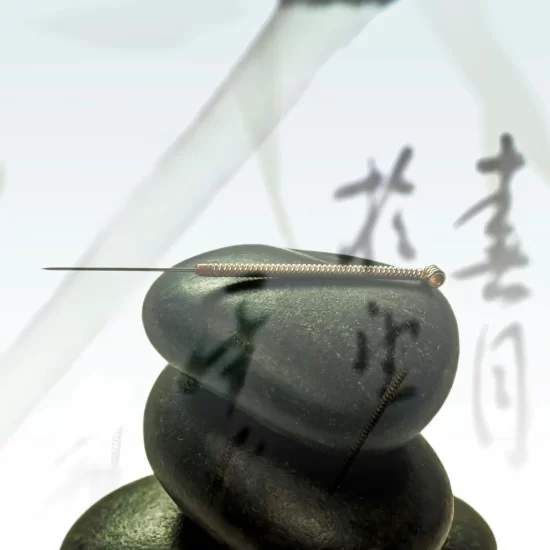Every individual is a unique combination of three Doshas, namely Vata, Pitta and Kapha. A Vata-dominant individual, when in a state of balance, is a fast learner with a creative mind. They have a developed capacity for multi-tasking. In case of Pitta-dominant people, the mind is clear and focused, and they are wonderful at managing and completing projects. Of course, in order to accomplish all of that, their constitution needs to be in balance. As for Kapha-dominant individuals, their nurturing and compassionate mindset is what sets them apart from others.
Internal and external factors can affect the specific balance and cause disorders at the physical, mental, and emotional level. Fortunately, there are various ways to bring back balance and health.
Diet and lifestyle corrections, as per Ayurvedic guidelines, can bring back balance to the constitution. Specific Ayurvedic techniques can also be employed to bring about harmony of different Doshas. Skin is the largest human organ, and therefore Dosha-balancing skin care products can also create balance. Why is diet important? What food should one eat for health and balance? What is the right quantity of food to consume? What is a good time to eat lunch, breakfast, and dinner? Is there a correct method to to eat? Ayurveda has recommendations for all of the above.
When the hands come together in an open prayer position, also known as the “Anjali” position, the space enclosed within the palms approximates the size of the stomach. Ayurveda recommends that that is the volume of food appropriate for consumption. It is recommended to eat lunch around noon, and eat dinner before sunset. This is, of course, dependent on what hemisphere you live in but the time approximates to 6-7pm.
As per Ayurveda, the hours between 6 and 10 in the morning are classified as Kapha. There is a sleepy, lethargic quality to this time. Which means that if you are not awake and out of bed before 6am, it becomes a challenge. You have a strong tendency to hit the snooze button. The next four hours (10am – 2pm) constitute a Pitta period, and this indicates a strong presence of fire and heat. Therefore, if you skipped breakfast earlier, you may feel hunger during this 4-hour slot that may cause some irritability. There may also be a tendency to lose your temper over one small thing or another. The period from 2pm to 6pm is Vata time when one tends to feel scattered and unfocused. This time is least productive; it’s when we get distracted easily, or we take a break for coffee and end up chatting with friends and colleagues, and we aren’t even aware how long we have been gone.
The four-hour cycle repeats itself through the day. Therefore, 6-10pm is Kapha time, a period when we return home from work and sit back and relax. The hours between 10 pm and 2 am are Pitta time when dinner is digested and nutrients are assimilated. Ayurveda recommends that it’s best to eat dinner between 6pm and 7pm. The hours between 2 am and 6 am are Vata time, signifying activity. You may have noticed that if you awaken from sleep in this period, you may find it hard to fall back asleep. This is a period of activity at the level of body and natural environment, hence the difficulty in falling asleep. Ayurveda provides excellent guidelines as to what activity should be undertaken at specific times of the day. Following the daily rhythm is an effective method to bring back Dosha balance.



